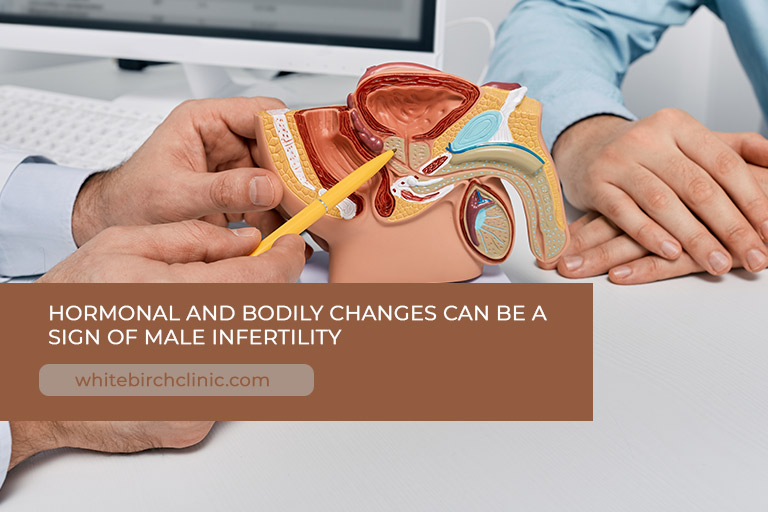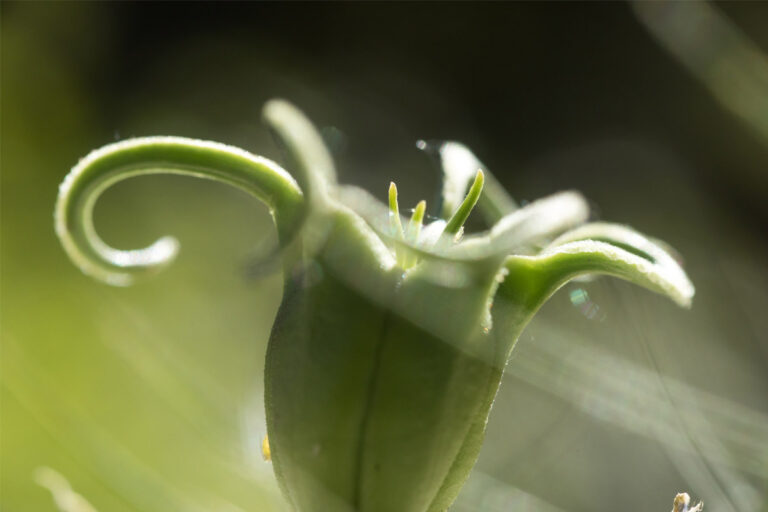How can Traditional Chinese Medicine Help with Male Infertility
Male infertility, defined as the inability to conceive after 12 months of unprotected intercourse, is a common challenge that affects approximately one in seven couples in Canada. Based on the cases from Canadian Urological Association, infertility rates have been steadily increasing, with male factor infertility accounting for about 50% of cases. It’s crucial to remember that fertility is a shared journey, and male infertility isn’t solely a “male” issue. Various factors contribute to this condition, and understanding these causes is the first step towards finding solutions.
Understanding Male Infertility from a TCM Perspective
Traditional Chinese Medicine (TCM) views male infertility as a reflection of the overall health and balance of the body. From a TCM perspective, fertility is intricately linked to the harmonious flow of Qi (vital energy) and the balance of Yin and Yang energies. Imbalances in these fundamental aspects can disrupt the body’s natural processes, leading to difficulties in conception.
Several factors can contribute to male infertility according to TCM. These include deficiencies in Kidney essence (responsible for reproductive function), imbalances in Liver Qi (impacting emotional well-being and sperm health), and the presence of Dampness or Heat (which can obstruct the flow of Qi and blood). Lifestyle factors, such as stress, poor diet, and lack of exercise, can also contribute to these imbalances.
TCM offers a holistic and personalized approach to addressing male infertility. Treatment plans often involve a combination of acupuncture, herbal medicine, dietary adjustments, and lifestyle recommendations. Acupuncture can help regulate Qi and blood flow, while herbal formulas nourish and tonify the affected organs. Dietary changes and lifestyle modifications aim to eliminate harmful factors and promote overall well-being. By addressing the underlying imbalances, TCM seeks to restore harmony and improve reproductive health, increasing the chances of natural conception.
Recognizing the Signs of Male Infertility

In many cases, male infertility is silent, with no noticeable symptoms. However, there are potential signs that might indicate an issue:
- Changes in Sexual Function: This can encompass difficulty with ejaculation, where semen either fails to release or flows backward into the bladder. Erectile dysfunction, the inability to achieve or maintain an erection, and decreased sexual desire (libido) are also potential indicators of hormonal imbalances or underlying medical conditions.
- Pain or Swelling in the Testicles: A varicocele, an enlargement of veins within the scrotum, can cause discomfort or a dragging sensation. Testicular pain or swelling may also signal infection, trauma, or other conditions requiring prompt medical assessment.
- Hormonal Imbalances: Beyond affecting sperm production, hormonal imbalances can manifest with a constellation of symptoms. These include fatigue, decreased energy levels, loss of muscle mass, and changes in hair growth patterns on the body or face.
- Decreased Facial or Body Hair: This could be attributed to hypogonadism, a condition characterized by low testosterone levels. This hormone plays a vital role in male sexual development and function, including hair growth.
- Small, Firm Testicles: Smaller or firmer testicles can be a sign of testicular atrophy, where the testicles shrink due to damage or disease. This shrinkage can lead to reduced sperm production and infertility.
TCM Treatment Modalities for Male Infertility

Traditional Chinese Medicine (TCM) offers a holistic and comprehensive approach to addressing male infertility, focusing on identifying and correcting underlying imbalances within the body rather than simply treating symptoms. This time-honored system emphasizes the interconnectedness of physical, emotional, and energetic aspects of health, aiming to restore harmony and promote natural conception.
- Herbal Medicine: TCM practitioners meticulously select and combine herbs to create personalized formulas tailored to the individual’s specific diagnosis and pattern of disharmony. These herbs are known for their ability to nourish the Yin and Blood, which are essential for healthy sperm production and motility. They also support kidney function, improve libido, and reduce stress.
Chinese yam tones the Qi and strengthens the Spleen and Kidneys, while Wolfberry fruit is rich in antioxidants and nourishes the Liver and Kidneys. Cuscuta seed tones the Liver and Kidneys, while Epimedium boosts libido and sexual function. Astragalus root tones the Qi and strengthens the immune system, while Cistanche deserticola nourishes the Kidneys and Jing for healthy sperm production.
- Acupuncture: Acupuncture for male infertility focuses on specific acupoints to target underlying imbalances and promote reproductive health. Common acupoints for treating male infertility include points along the Ren (Conception Vessel) meridian, such as Ren 4 (Guanyuan) and Ren 6 (Qihai), which are believed to regulate the flow of Qi and blood to the reproductive organs and nourish the Kidney essence. Additionally, points along the Du (Governing Vessel) meridian, like Du 4 (Mingmen), are often utilized to strengthen the body’s yang energy and enhance overall vitality.
Other commonly used acupoints include those situated on the lower back, such as Bladder 23 (Shenshu), which are associated with Kidney function and the production of sperm. Acupoints located on the legs, like Liver 3 (Taichong) and Spleen 6 (Sanyinjiao), are targeted to regulate Liver Qi stagnation and support healthy blood circulation to the reproductive organs. By strategically stimulating these and other acupoints, acupuncture treatments aim to improve sperm quality, increase sperm count and motility, regulate hormonal balance, reduce stress, and address specific issues like erectile dysfunction and premature ejaculation.
- Dietary Therapy: Specific foods and herbs are strategically incorporated to address underlying imbalances and nourish the reproductive system. For instance, foods rich in zinc like oysters, pumpkin seeds, and lean meats are recommended to support sperm production and motility. Goji berries, known for their antioxidant properties, are believed to enhance sperm quality and protect against oxidative damage. Walnuts, rich in omega-3 fatty acids, can improve sperm membrane health and reduce inflammation.
Additionally, warming herbs like ginger and cinnamon are often used to improve circulation and address “cold” patterns that can impede sperm function. Herbs like ginseng and rehmannia are employed to nourish the kidneys, considered the foundation of reproductive health in TCM. It’s important to consult with a qualified TCM practitioner to receive personalized dietary guidance based on individual diagnosis and constitution, as inappropriate food choices can exacerbate imbalances and hinder fertility efforts.
- Lifestyle Modifications: TCM lifestyle modifications for male infertility focus on creating a harmonious internal environment for optimal reproductive function. Stress management is essential to prevent hormonal imbalance and negatively impact sperm quality. Practices like meditation, tai chi, and breathing exercises promote relaxation. A balanced diet rich in whole foods, fruits, vegetables, and lean proteins is recommended, while avoiding processed foods, excessive sugar, and unhealthy fats. Regular exercise improves blood flow and circulation, while TCM emphasizes adequate sleep for overall well-being. Maintaining a healthy weight is also crucial, as obesity and underweight can disrupt hormonal balance and affect fertility.
Understanding male infertility is a crucial step for couples on the path to parenthood. With a multitude of causes, diagnostic tools, and treatment options available, seeking professional help is paramount. The White Birch Clinic is dedicated to providing personalized care and support throughout your fertility journey. Contact us at (289) 837-2026 to learn more.







